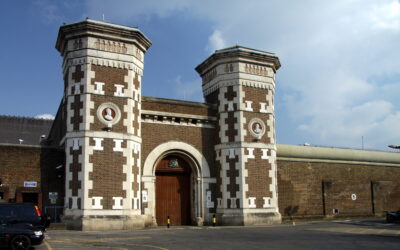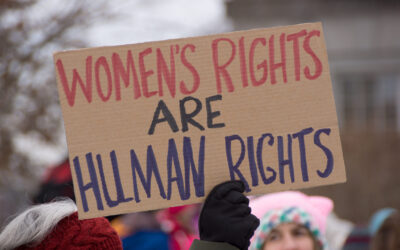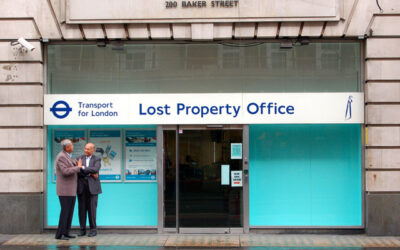
At 2 pm on Saturday 21 March 2020, a law came into force which forced the closure of some businesses.
This law was enacted by virtue of The Health Protection (Coronavirus, Business Closure) (England) Regulations 2020 (and mirror regulations that apply in Wales). The statutory instrument was made in exercise of the powers conferred by sections 45C(1), (3)(c), (4)(d), 45F(2) and 45P of the Public Health (Control of Disease) Act 1984.
Which businesses must close?
Schedule 1 of the regulations state that the following businesses must close:
1. Restaurants, including restaurants and dining rooms in hotels or members clubs.
2. Cafes, including workplace canteens, but not including—
(a) cafes or canteens at a hospital, care home or school;
(b) canteens at a prison or an establishment intended for use for naval, military or air force purposes or for the purposes of the Department of the Secretary of State responsible for defence;
(c) services providing food or drink to the homeless.
3. Bars, including bars in hotels or members’ clubs.
4. Public houses.
5. Cinemas.
6. Theatres.
7. Nightclubs.
8. Bingo halls.
9. Concert halls.
10. Museums and galleries.
11. Casinos.
12. Betting shops.
13. Spas.
14. Massage parlours.
15. Indoor skating rinks.
16. Indoor fitness studios, gyms, swimming pools or other indoor leisure centres.
Other business types will likely be added to this list if the government adopts more stringent lockdown measures.
What is the penalty if businesses defy the law?
An unlimited fine can be imposed on the business and any officer of the company who has consented or connived etc. so keeping the business open (regulation 3).
There are, however, other powers available to local authorities who are in charge of policing compliance with these regulations.
Businesses that breach them will be subject to prohibition notices, and potentially unlimited fines. As a further measure, and if needed, businesses that fail to comply could also face the loss of their alcohol license. More draconian powers are also available under the Public Health (Control of Disease) Act 1984, and further powers will soon be law when the Coronavirus Bill becomes law.
In some cases, injunctive relief may be granted, the breach of which could be punished by up to 2 years imprisonment.
There are also reputational issues that need to be considered.
We can advise on all aspects of criminal and regulatory law, if any business is uncertain as to its legal obligations during this worrying time, please do not hesitate to get in touch with us.
How can we help?
If you need specialist advice, then get in touch with any member of our vastly experienced Criminal Defence team, for assistance with any criminal law related matter.
–
Mr John Stokes (John.Stokes@danielwoodman.co.uk),
Mr Anthony Pearce (Anthony.Pearce@danielwoodman.co.uk),
Ms Sarah Turland (Sarah.Turland@danielwoodman.co.uk) or
Mr Daniel Woodman (Daniel.Woodman@danielwoodman.co.uk).










